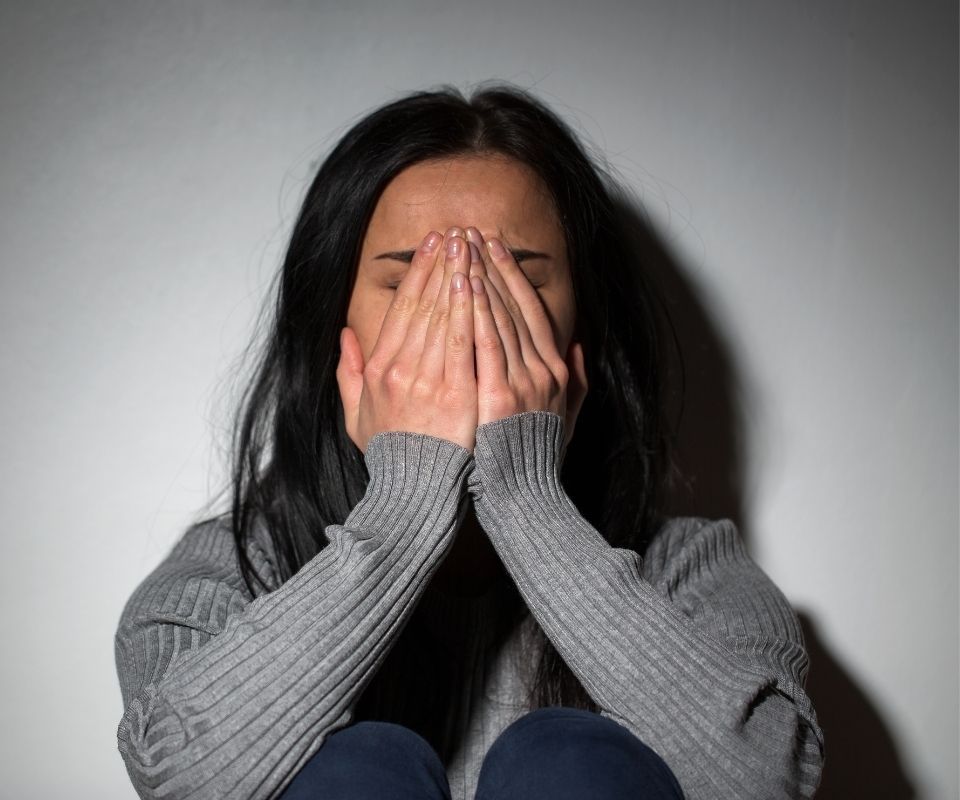GTM Original is a female-owned company and a strong proponent of women’s safety and education. For that reason, I chose to use this column for a new series on surviving domestic abuse. Hopefully, someone who reads this series may recognize a friend, or even apply this information to herself and get out of an abusive relationship.
Sponsored by GTM Original
Domestic violence (also referred to as intimate partner violence, aka IPV) is a pattern of behaviors used by one partner to maintain power and control over another partner. According to the National Commission on COVID-19 and Criminal Justice, domestic violence incidents in the U.S. increased by 8.1% following the imposition of lockdown orders during the 2020 pandemic. Often physical abuse, with outward signs, is thought of as the only type of domestic abuse. There are, however, many other types of abuse. Although lists vary, following are the common types I found.
Remember: no one deserves to experience abuse of any kind – for any reason.
Sometimes, those in abusive relationships don’t realize what they experience on a daily basis isn’t the norm. But for others on the outside looking in, the signs are obvious. Whether researching for yourself, or a friend, recognizing the signs of abusive behavior is a good place to begin. I found the following signs of abusive behavior also on the National Domestic Violence Hotline website.

If you don’t feel safe, respected and cared for, then something isn’t right.
If you or the person you want to help are questioning whether you’re in an abusive situation, consider the following questions. Be thoughtful about each one and decide if any sounds familiar.


Recognizing and accepting that you (or someone you know) is in an abusive relationship is just the beginning of what could become a very long journey. However, it is a start. Please consider following this series and sharing with others who may be in a similar situation.
Next month I delve into mental and verbal abuse, types of domestic violence not always recognized.
Read part two, “Mental and Emotional Abuse: It’s Not Always Physical” here.
Michelle Cerino, aka Princess Gunslinger, first entered the firearms industry in 2011 as co-owner, president and trainer at a national training company. She immediately began competing in both 3-Gun and NRA Action Pistol, becoming a sponsored shooter. Michelle is currently a columnist and Managing Editor of Women’s Outdoor News, as well as owner of Pervenio LLC. She also manages social media for Vera Koo and FASTER Saves Lives. Michelle encourages others to step out of the comforts of home and explore. View all posts by Michelle Cerino